1. Popcorn
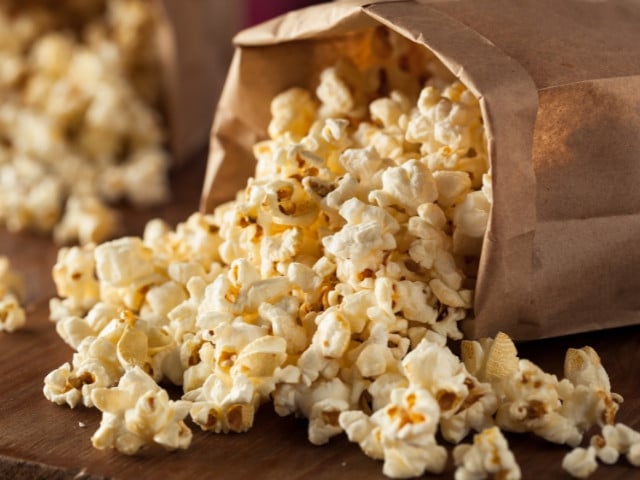
Popcorn is often dismissed as just a snack, but it's actually loaded with polyphenol antioxidants, which help protect your cells. This puffed treat also contains important nutrients such as magnesium, potassium, and zinc. For better portion control, consider buying pre-packaged individual bags or make your own to have full control over the ingredients. As a whole grain that’s high in fiber, popcorn is a great option for promoting digestion and keeping you full. Plus, it’s naturally vegan and gluten-free!
2. Avocados
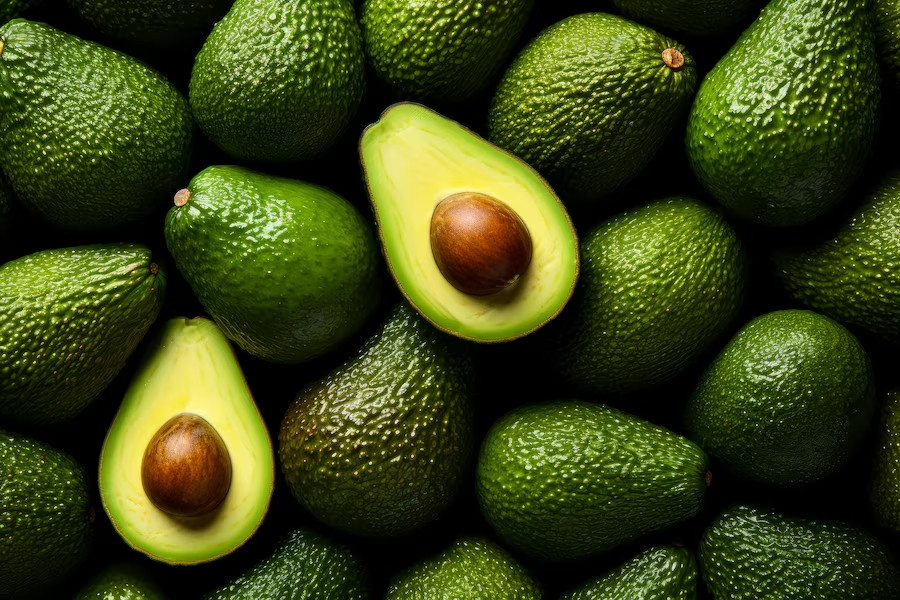
Though avocados can be a controversial food due to their high fat content, there’s no denying their impressive health benefits. These healthy fats, particularly monounsaturated fats, can help lower bad cholesterol levels. Each avocado contains around 0.5oz of fiber, which supports a healthy digestive system. On top of that, avocados offer vital nutrients such as vitamins C, E, and K, plus magnesium and potassium. To boost your vitamin C intake, squeeze some lemon on your avocado, and sprinkle with chili flakes and sea salt for added flavor.
3. Nut Butters
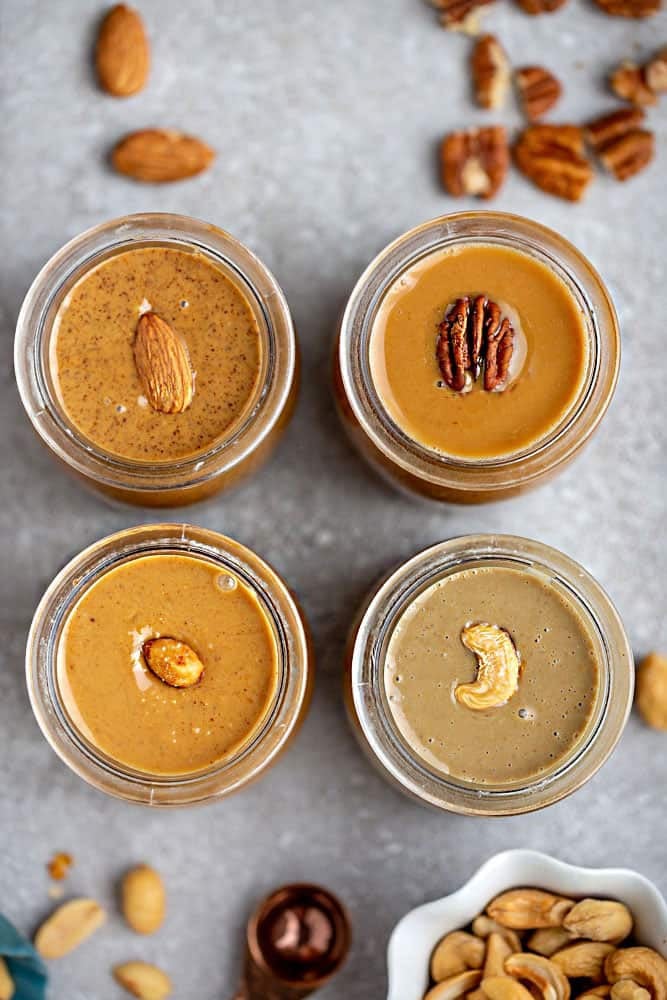
Nut butters might have a higher fat content compared to other spreads, but they come with a variety of health benefits. They are nutrient-dense, providing healthy fats, protein, fiber, and essential vitamins like vitamin E and magnesium. There are many delicious options to choose from, including creamy macadamia, known for supporting gut health and protecting against heart disease, or the classic peanut butter. Opt for natural nut butters that contain no added sugar, preservatives, or artificial sweeteners for the best health benefits.
4. Salad Dressing
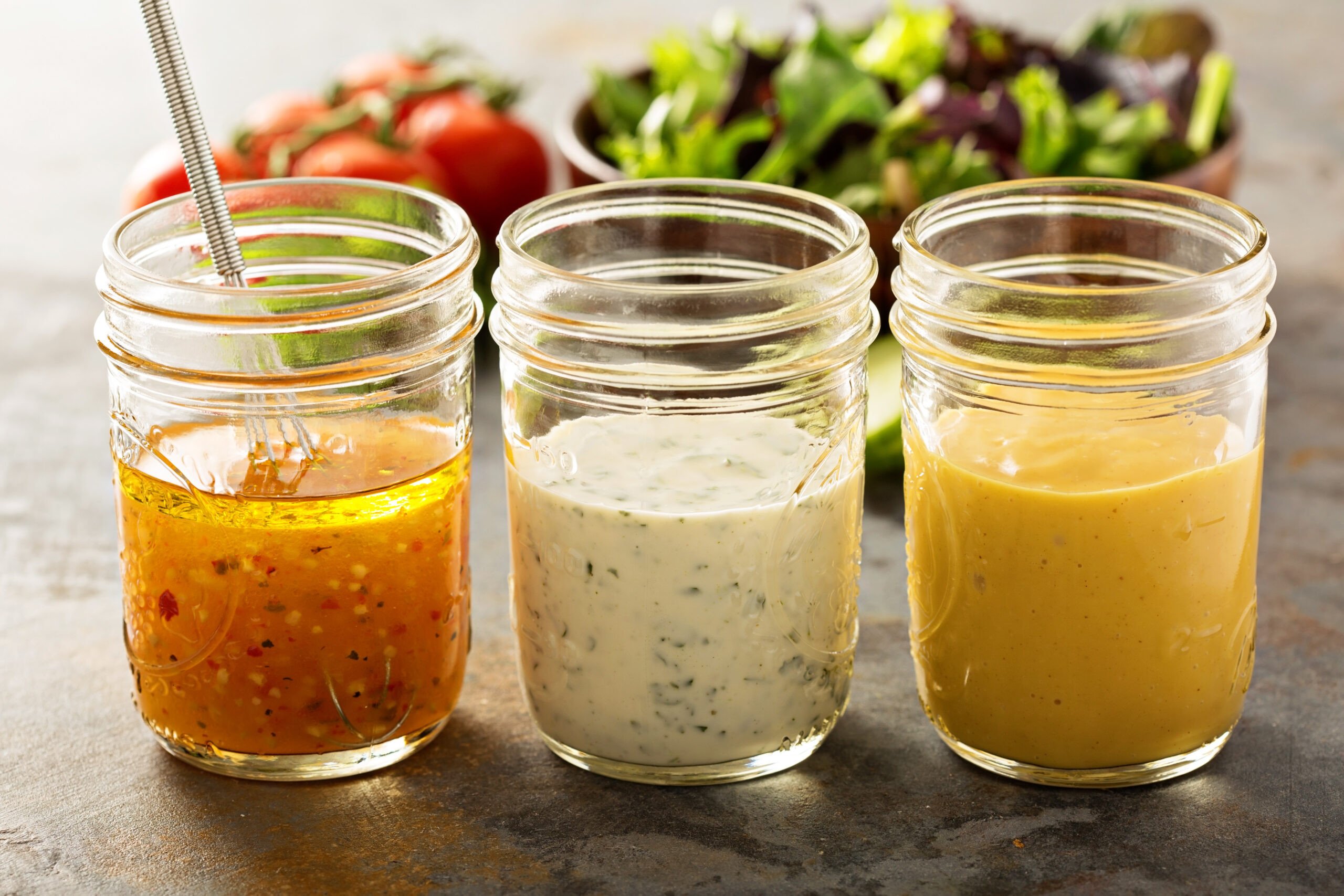
If you’re concerned about the calorie and fat content of store-bought salad dressings, homemade versions are a healthier and more nutritious alternative. Making your own dressing allows you to control the ingredients and lock in extra nutrients. Start with extra virgin olive oil for its heart-healthy fats and antioxidants, then add lemon juice for a vitamin C boost. Ingredients like tahini or miso also offer beneficial minerals, healthy fats, and probiotics that support gut health.
5. Pesto
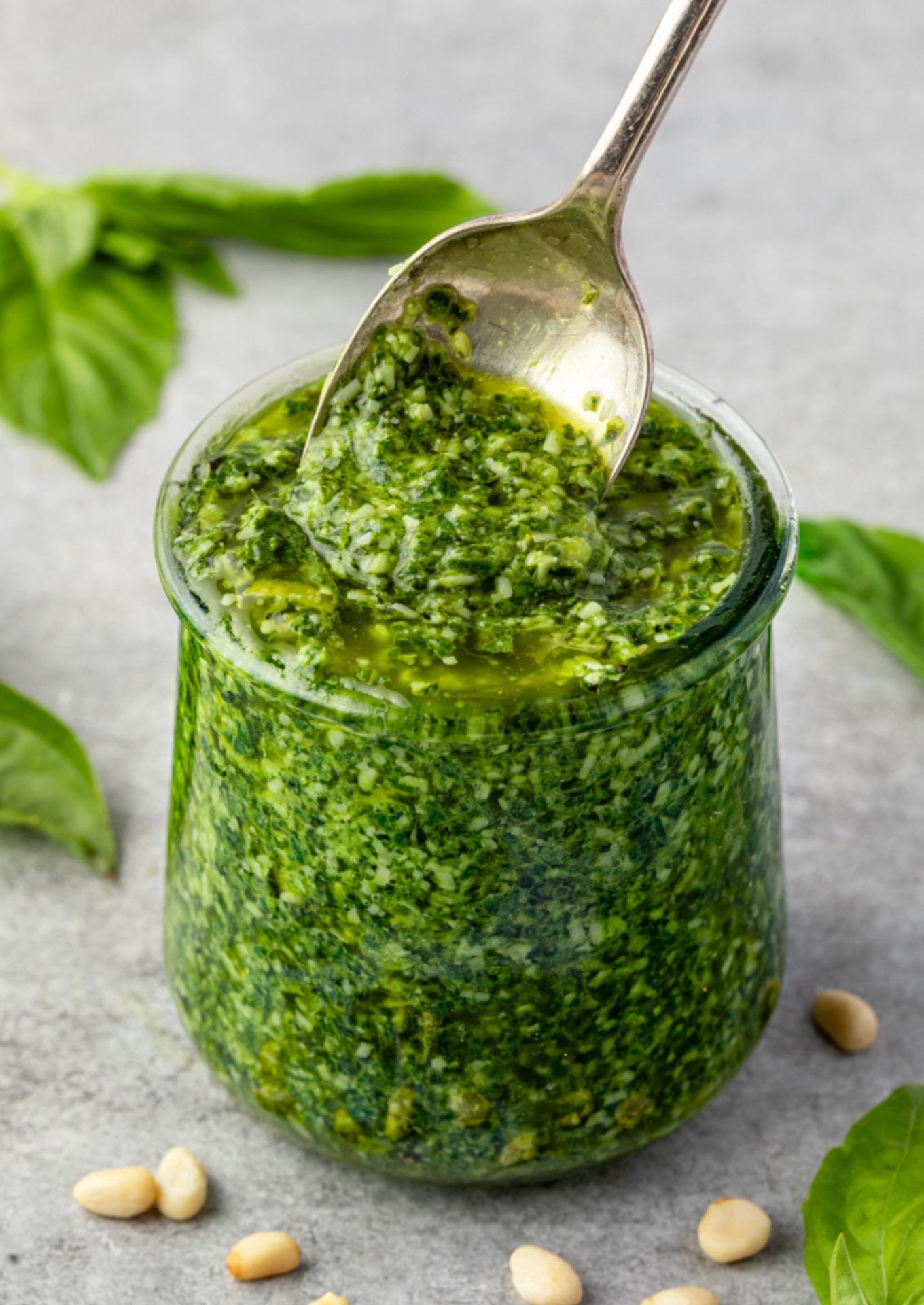
While pesto tends to be higher in fat than tomato-based sauces, it can still be a healthy addition to your meals—especially when made with extra virgin olive oil, which is rich in monounsaturated fats and antioxidants. Fresh pesto contains a variety of healthy ingredients. The basil in pesto has anti-inflammatory and antibacterial properties, while pine nuts offer healthy fats, protein, and minerals like magnesium and zinc. So, you can enjoy your pesto pasta guilt-free!
6. Full-Fat Yogurt
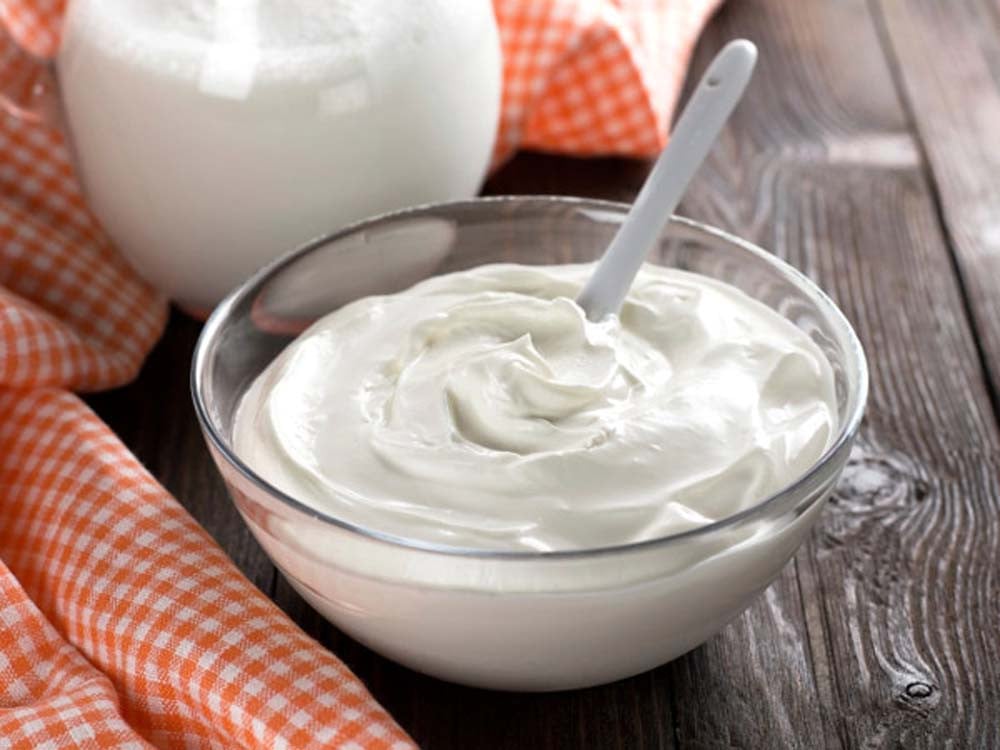
Full-fat yogurt has earned a reputation as an unhealthy food due to its saturated fat content, but this isn’t necessarily the case. Studies show that consuming fats from whole milk products can actually promote good cholesterol (HDL) and reduce the risk of heart disease. Full-fat yogurt is packed with protein and probiotics, both of which support digestive health, making it a nutrient-rich snack that can be enjoyed without the usual guilt.
7. Potatoes
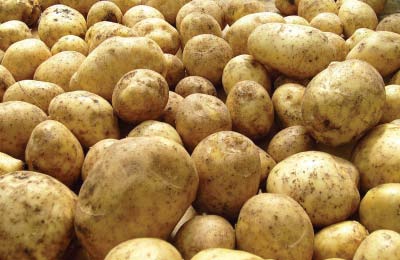
Potatoes have gained a reputation as being unhealthy because of their high glycemic index (GI), which measures how quickly a carbohydrate releases sugar into the bloodstream. However, they are far from being an unhealthy choice. Potatoes are a great source of vitamins like C and B6, along with potassium and fiber. When cooked and cooled, they become rich in resistant starch, which supports gut health by feeding beneficial bacteria in the microbiome.
8. Fish Sticks
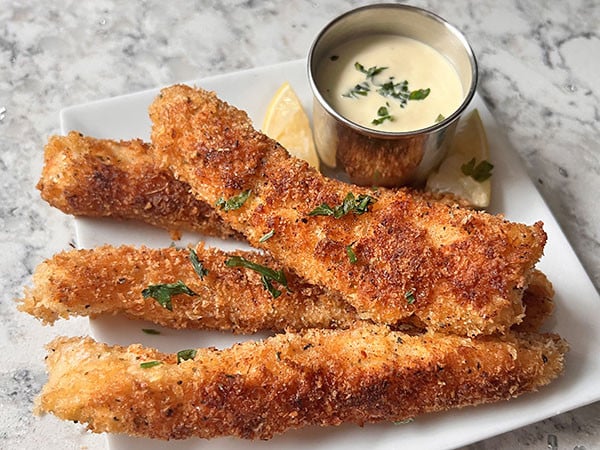
Frozen convenience foods like fish sticks often get a bad rap, but there are some options worth keeping in your freezer for busy days. Cod fish sticks, for example, are a great source of iodine, a mineral that helps keep the thyroid gland healthy, which in turn regulates metabolism. Fish sticks are also rich in vitamin B12, essential for keeping your blood and nerve cells healthy. So, no need to feel guilty about enjoying a quick midweek dinner.
9. Cheese
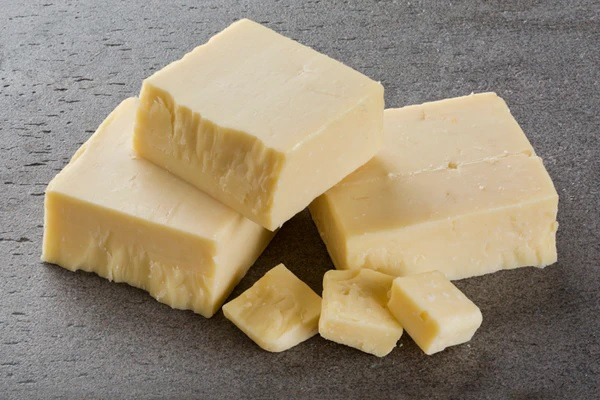
Although cheese can be high in fat, it’s also a rich source of protein and calcium. Some varieties even contain beneficial live cultures that support gut health. Cheese is packed with vitamins A and B12, as well as zinc, which boosts the immune system. While some cheeses are healthier than others, cottage cheese is particularly popular for being low in fat, high in protein, and versatile for meals and snacks. Pairing it with eggs can help you easily hit your protein target at breakfast.
10. Dark Chocolate
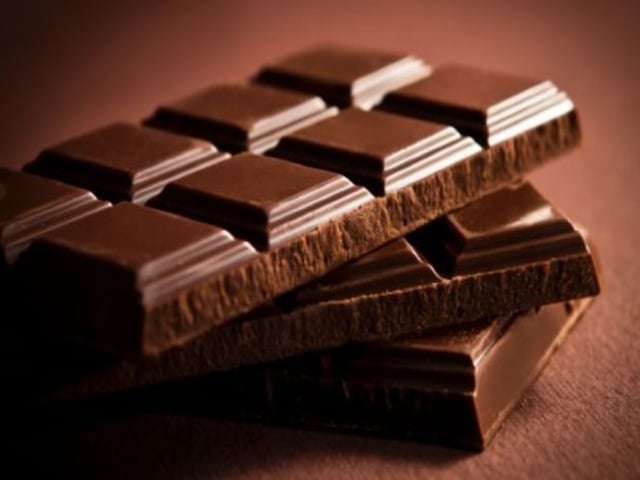
Dark chocolate is not only a delicious treat but also a powerhouse of essential minerals such as iron, magnesium, and zinc, all of which support various bodily functions. It’s also a great source of antioxidants. The higher the cacao content, the better the health benefits. Dark chocolate with 80% cacao or higher provides more polyphenols, which are powerful antioxidants. Enjoy dark chocolate in moderation to reap its health benefits.
11. Butter
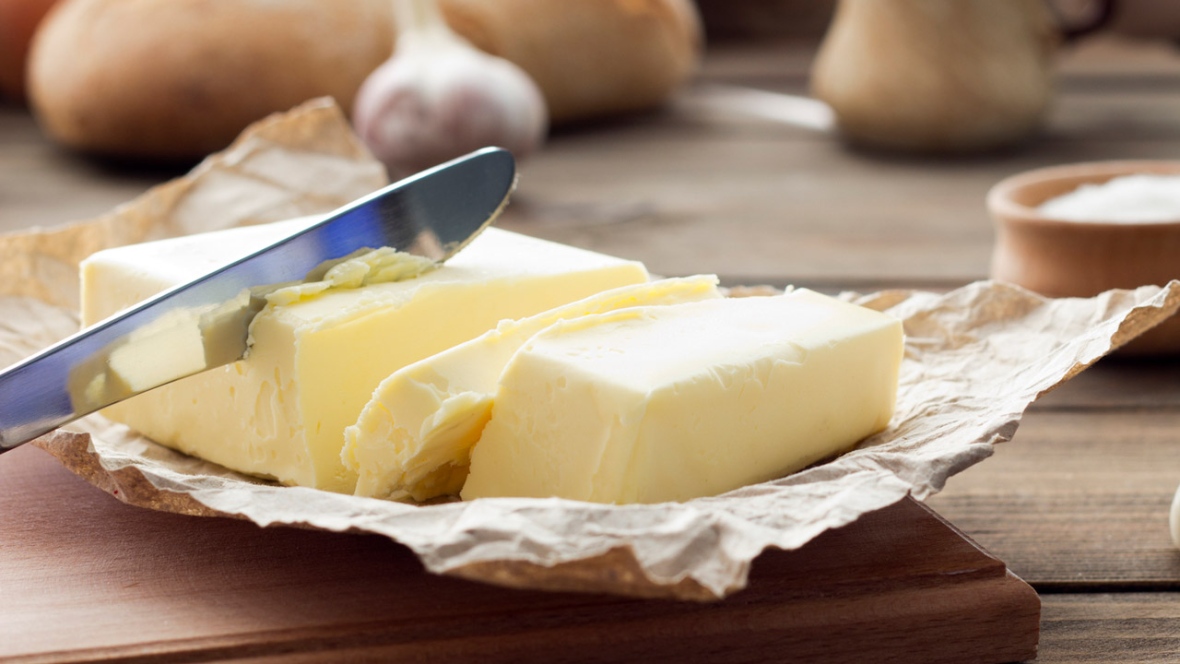
Butter has been misunderstood for years, but nutritionists are starting to acknowledge its health benefits. It contains essential amino acids and beneficial fats like butyrate, which promotes gut health and has anti-inflammatory properties. Butter is also a good source of vitamins A, D, and E, all of which are essential for maintaining a healthy lifestyle. So, despite its reputation, butter can be a nutritious part of a balanced diet.


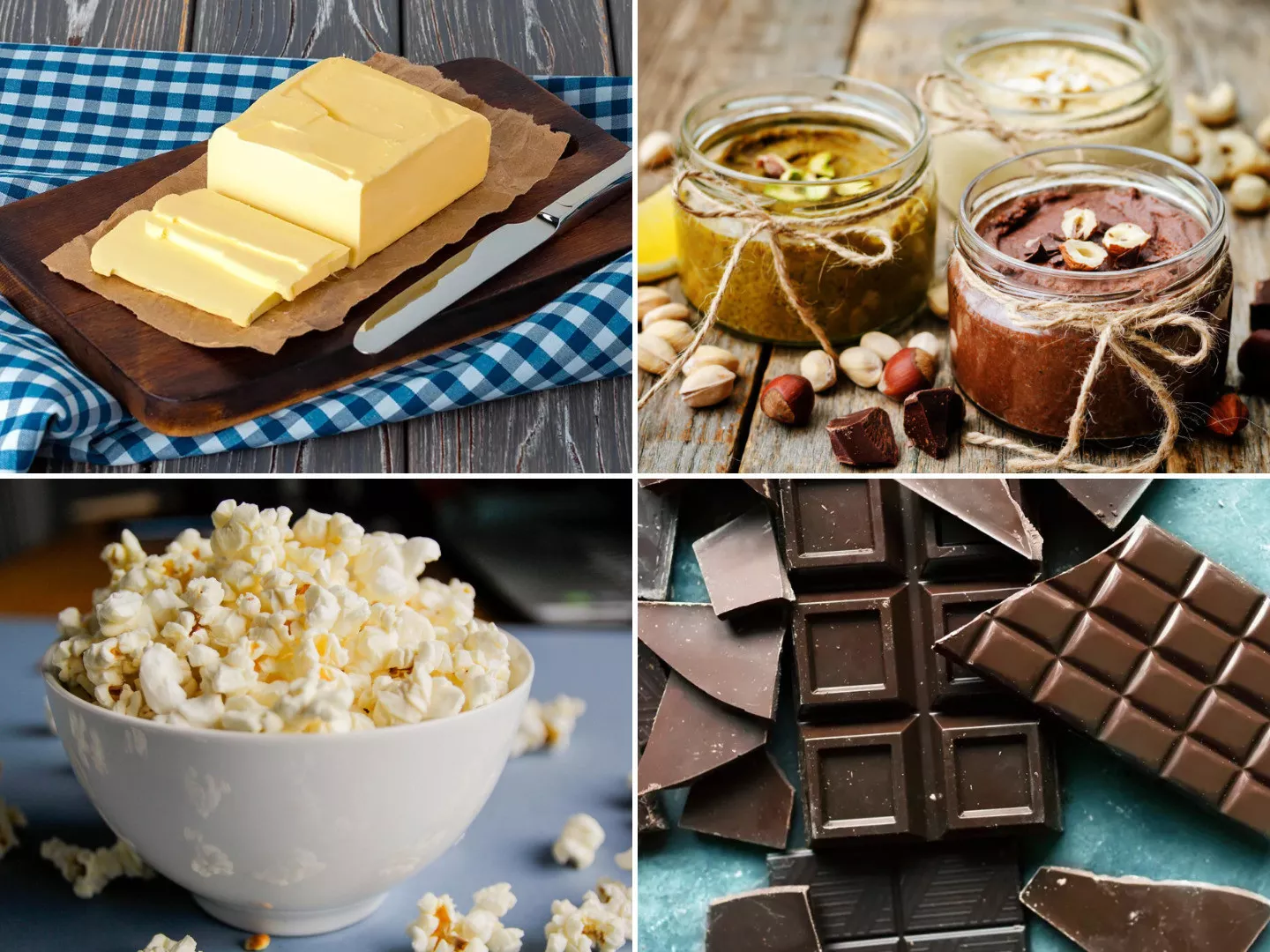






COMMENTS (2)
Comments are moderated and generally will be posted if they are on-topic and not abusive.
For more information, please see our Comments FAQ